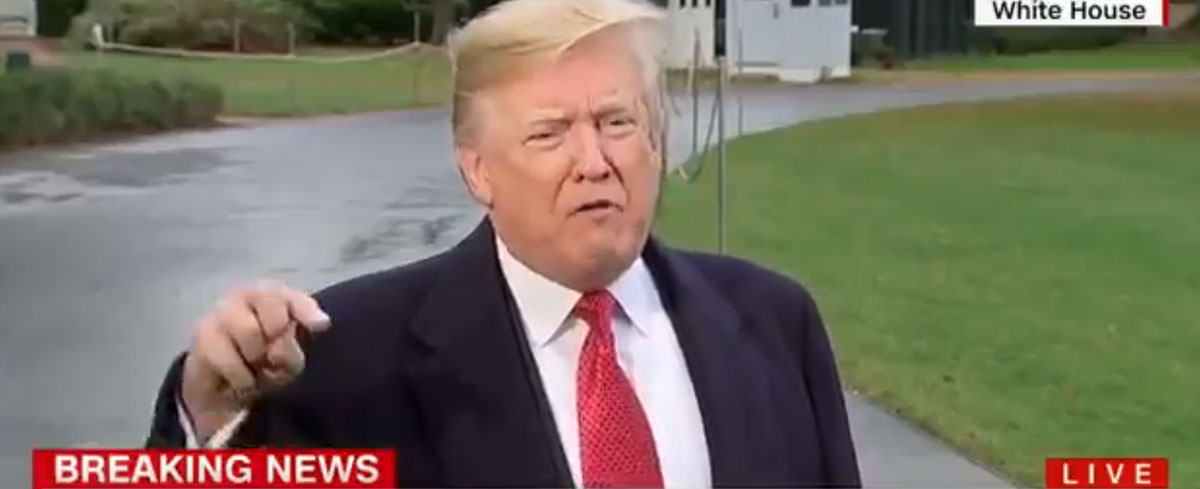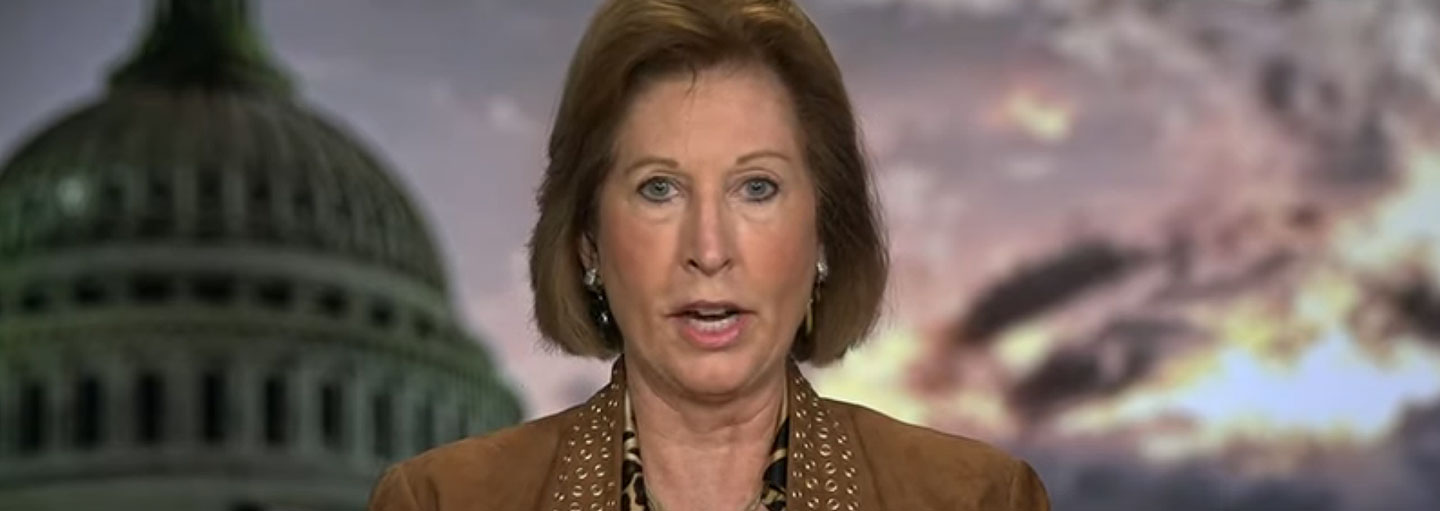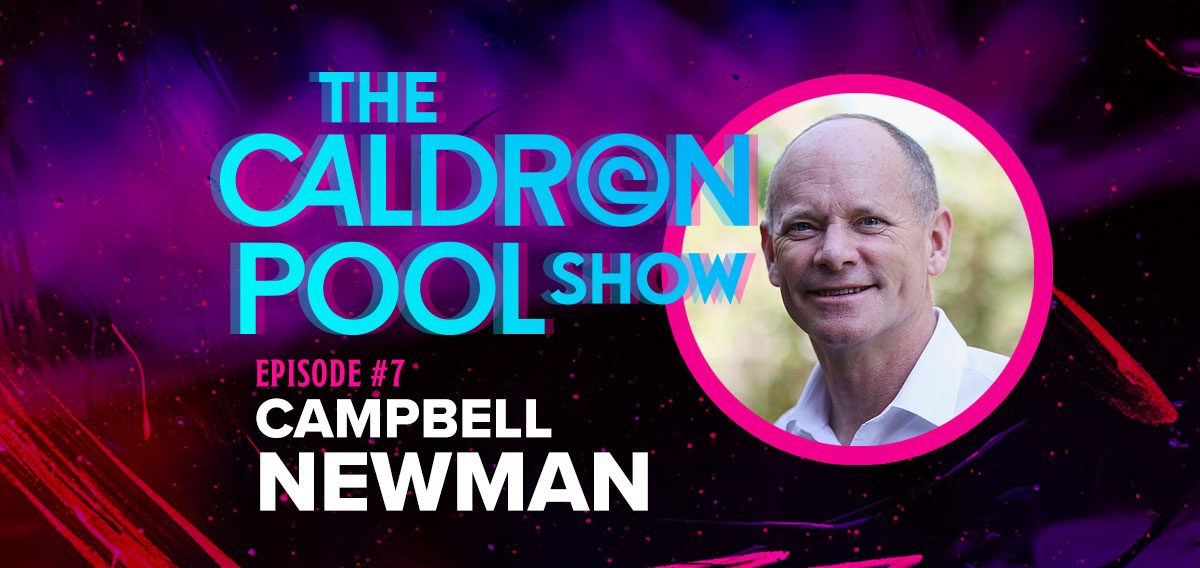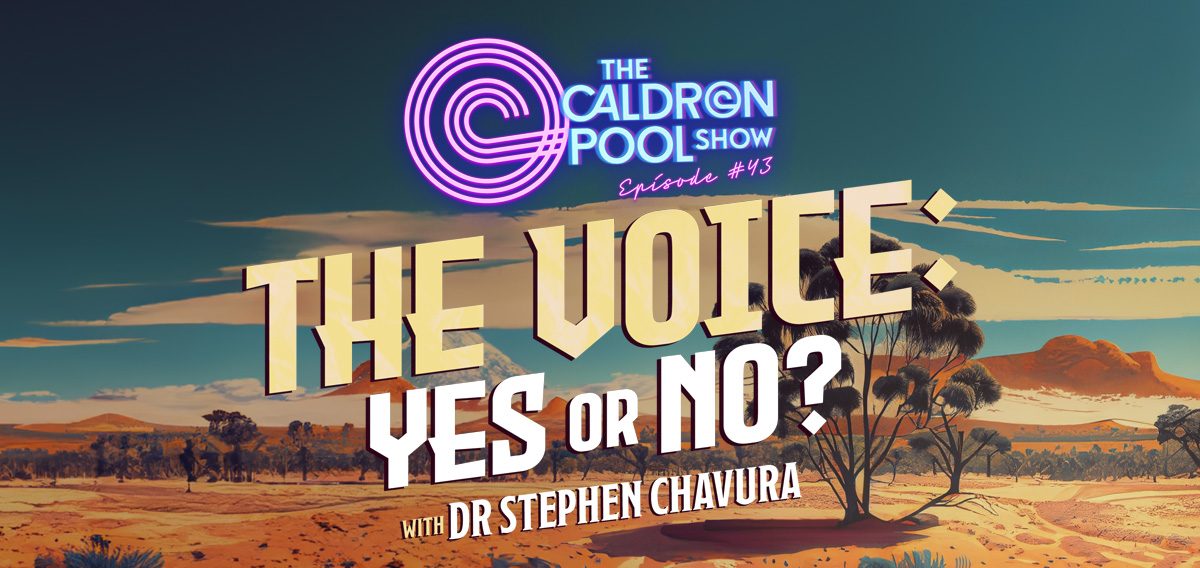Sometimes it’s unloving to feed the hungry. That might sound odd considering everything the Bible has to say about taking care of the poor. But there is a time when feeding hungry people can actually do them harm.
In 2 Thessalonians 3:10, the Apostle Paul said, “if anyone is not willing to work, let him not eat.” We eat to satisfy our hunger, but Paul wants certain people to remain hungry, namely, those who are not willing to work.
This is because Paul knows that when you feed a man who is unwilling to work, you kill his God-given motivation to work: hunger. Proverbs 16:26 put it this way, saying, “A worker’s appetite works for him; his mouth urges him on.”
By failing to understand this basic principle, many of our welfare systems end up creating and maintaining the problems they’re supposedly designed to solve.
Consider the following clip, which demonstrates the harmful consequences of a welfare system that entirely demotivates recipients and perpetuates their poverty and dependency on hand-outs:
In his video with PragerU, Arthur Brookes, president of the American Enterprises Institute, rightly says that the goal of welfare should never be to make poverty less miserable. Instead, the goal should always be to make poverty more escapable.
Brookes points out that when you get things without having to work for them it can become a very hard habit to break. Or worse, as is often the case, it can become a way of life.
Earning your way out of poverty is far more empowering than being supported by government programs, at the taxpayer’s expense, which only maintains a lifestyle of poverty.
According to Brookes, this doesn’t mean the government doesn’t play a role at all. However, the government and private charities ought to require people to work in exchange for social assistance.
“When we do this, we help people in two ways: First, through welfare, we are helping them meet their immediate material needs. Second, through work, we are helping them earn their own success – the key to a fulfilling and dignified life.”
WATCH:


















